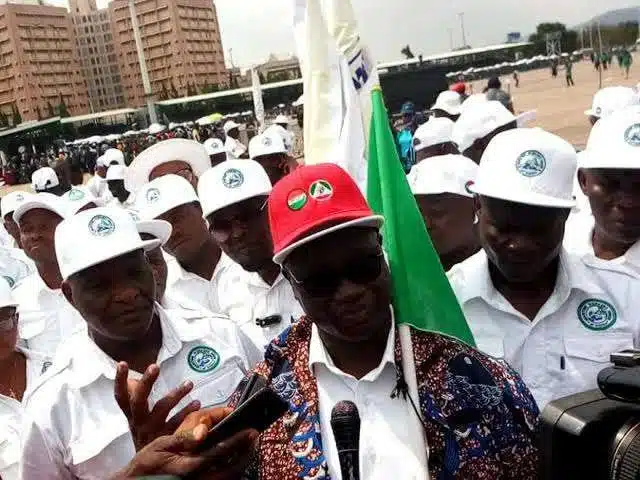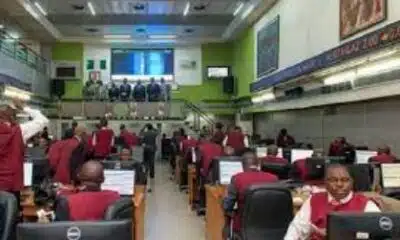As the Maritime Workers Union of Nigeria joins the Nigeria Labour Congress (NLC) on a 2-day warning strike, the nation’s ports, terminals, and jetties will be closed starting on Tuesday and Wednesday.
Dr. Adewale Adeyanju, president general of the union, made this declaration in a statement and instructed all members to abide by the strike action by ceasing all of their services in all regions of the nation.
The NLC has ordered all of its affiliates to go on a two-day nationwide strike of a total closure slated for Tuesday, September 5, and Wednesday, September 6, 2023, according to Comrade John Kennedy Ikemefuna, the union’s head of media, who made the announcement in a press statement.
In the press release, Ikemefuna stated that the decision was made as a result of the Federal Government’s refusal to communicate with organised labour and come to an understanding regarding important matters related to the unfortunate increase in the price of petrol, which has caused a great deal of suffering for Nigerian workers as well as the majority of Nigerian citizens.
“The Maritime Workers Union as an affiliate of the NLC, is obliged to comply with the directive and has consequently instructed all our members in all ports, jetties, terminals and oil & gas platforms nationwide to partake in the two says total shut down warning strike as directed by the NLC,” he said.
News About Nigeria recalls that the government led by President Bola Tinubu immediately announced the elimination of all fuel subsidies upon taking office as the leader of the nation. The withdrawal of the fuel subsidy in recent months has led to a steady rise in commodity prices, which has made life difficult for the majority of Nigerians.













